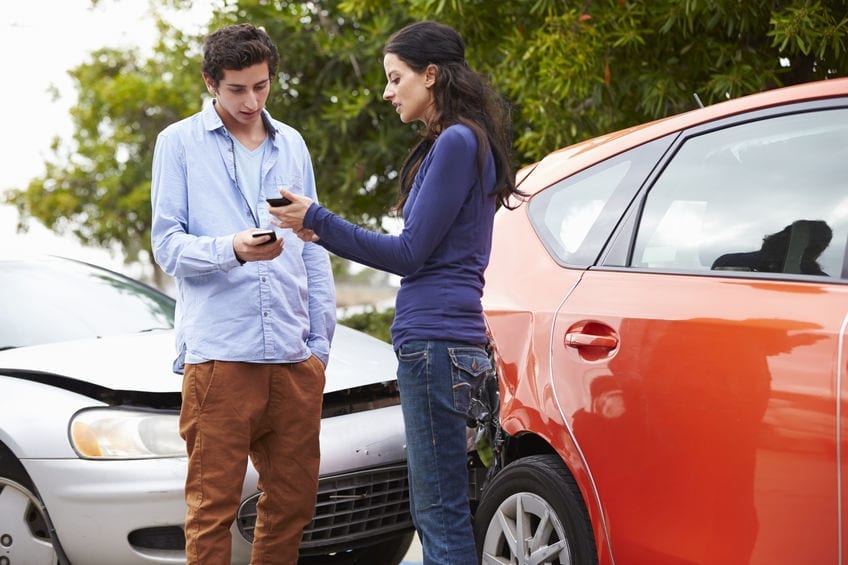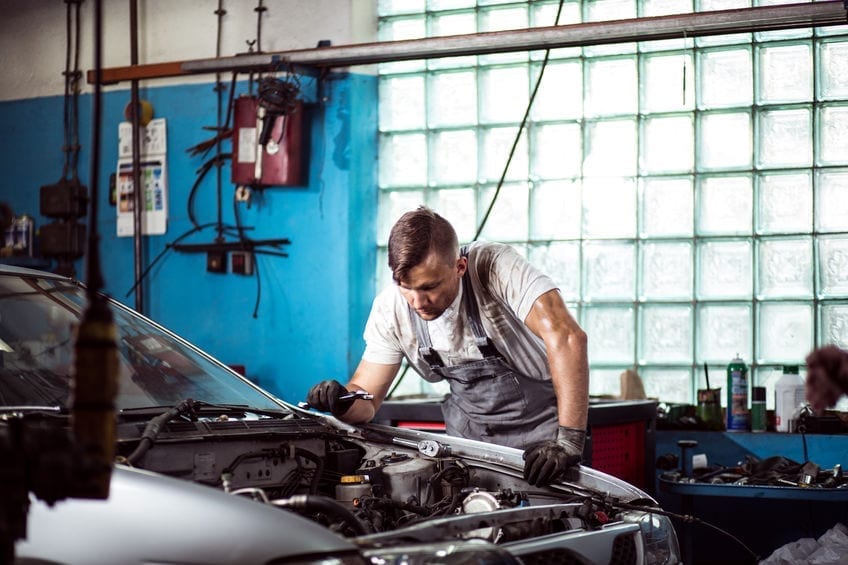There is a rule of thumb when it comes to rear-end collisions. When you’re in the vehicle behind, you’re responsible.
However, what if it’s one of those rare situations in which it really was a case of faulty brakes?
When you face a rear-end collision liability claim because your brakes went out, both you and the person(s) involved are victims, and there are certain steps you can take to ensure the appropriate party will be held liable. Typically this means the manufacturer.
The key to reassigning responsibility to the product maker is evidence of totally unexpected and absolutely unforeseeable brake failure. A Florida product liability attorney can review the facts of your case and offer specific advice on how to prove this. In this article, we review what kind of evidence is considered when deciding who is responsible in faulty brakes cases.
The Human Reaction
How many times have you driven a car in your lifetime? How many times in your driving experience have you had to apply your brakes?
Both of those questions are probably pretty difficult to answer.
What about this one, though? Out of all the experience you’ve had behind the wheel, and every instance you’ve needed to apply your brakes, how many times did you press on the pedal and they failed?
Yes. That number you can likely count on one hand.
If you brake and the brakes fail, it’s going to be a shock. Unless you are severely injured, after the crash you are probably going to jump out and tell anyone who will listen that you slammed on the brakes, but nothing happened.
It’s a natural human reaction.
Try and make this kind of claim for the very first time when an adjuster is taking a statement weeks after the accident probably isn’t going to fly. If you can prove this kind of reaction is similar to the one you experienced after rear-ended someone, it adds credibility to your claim.
Staying on the Scene
Once everyone’s been checked out and initial police reports have been filed, everyone takes a deep breath, jumps back into their cars, and heads on to their final destination to make the necessary insurance calls, right? Wrong.
If you claim your brakes don’t work, from a safety standpoint, you’re not going to want to step foot back in the vehicle until they’re fixed. A credible faulty brakes claim is always accompanied by a towing receipt as evidence that the vehicle was inoperable. Without it, you’re going to need some other type of proof the car wasn’t driven again until the issue was resolved.
Down at the Car Shop
Where are you going to have your car towed from the scene? A mechanic’s shop, of course.
Waiting even a couple of days can cloud a clear report about what condition the brakes were in at the moment of collision. A driver who claims they will get the issue looked at soon or that a friend can check it out for them are red flags that brake failure isn’t the issue.
The qualified mechanic examining the vehicle should have no issue determining brake failure, and the direct cause should be relatively obvious, as well – spotting a broken hose or sheared-off pin. Complicated explanations are another red flag.
Driver Negligence Nullifies a Florida Defective Product Claim
There is a bit of additional fact-checking an adjuster will likely do throughout the process that will lead to a decision on whether or not it appears a driver is partially responsible.
The police report, for instance, will contain witness statements. If you were obviously distracted – looking at your phone, craning to check on your children – it may be mentioned. Tailgating is not an uncommon occurrence, either. It could be argued at that point that a reasonable person wouldn’t follow so close, or would pay closer attention to the road.
Additionally, your mechanic will know whether you’ve been a bit behind on maintenance. We have a legal obligation to reasonably maintain our cars, and brakes take a long time to fail and contain a number of signs you need to have them repaired. Lack of maintenance can nullify a faulty brake claim.
That being said, under Florida product liability law, if you have a defect in your brake system which causes a collision, you may not be held responsible for the accident. Although the requirements for proving it are specific, the process is simple – it either is or isn’t a case of faulty brakes.
About the Author:
Andrew Winston is a partner at the personal injury law firm of Winston Law. For over 20 years, he has successfully represented countless people in all kinds of personal injury cases, with a particular focus on child injury, legal malpractice, and premises liability. He has been recognized for excellence in the representation of injured clients by admission to the Million Dollar Advocates Forum, is AV Preeminent Rated by the Martindale-Hubbell Law Directory, enjoys a 10.0 rating by AVVO as a Top Personal Injury Attorney, has been selected as a Florida “SuperLawyer” from 2011-2017 – an honor reserved for the top 5% of lawyers in the state – and was voted to Florida Trend’s ”Legal Elite” and as one of the Top 100 Lawyers in Florida and one of the Top 100 Lawyers in the Miami area for 2015, 2016, and 2017.
 Indian Casino Injuries: A Guide for Floridians
Indian Casino Injuries: A Guide for Floridians 


















